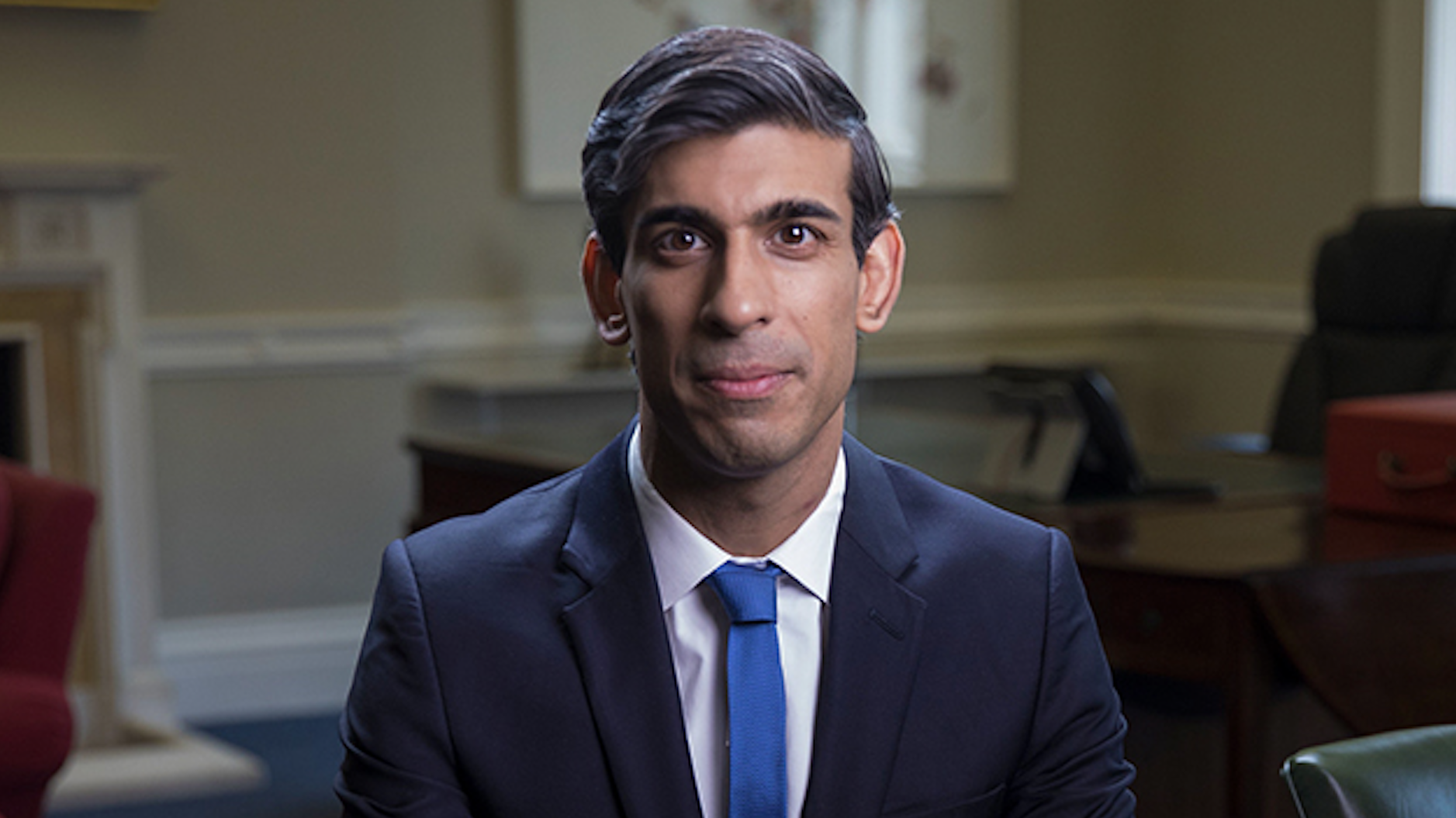Where the UK’s new prime minister Rishi Sunak stands on LGBTQ issues
The former Chancellor of the Exchequer will be the UK's third prime minister in less than two months.

Four Prime Ministers since 2019 might seem like a lot… and you’d be right!
In the latest twist in the Conservative Party’s mid-life-crisis-like tailspin, the Tory MPs selected the former Chancellor of the Exchequer Rishi Sunak as their new leader and thus the UK’s next prime minister on Monday (24 October)
It follows Liz Truss’s disastrous six weeks as PM which saw financial markets quake in the wake of her remarkably short-lived economic policies.
Now that Sunak will become the next PM, we thought we’d take a look at his stance when it comes to LGBTQ issues.
Having only become the MP for Richmond in 2015, Rishi Sunak wasn’t able to vote on same-sex marriage in England and Wales, but was absent for votes on the issue in Northern Ireland.
In 2016, he voted to repeal the Human Rights Act 1998, which brought the European Convention on Human Rights (ECHR) into UK law.
He also voted against largely retaining the EU “Charter of Fundamental Rights” as part of UK law following the UK’s withdrawal from the European Union.
The Mail on Sunday in July spoke to a supposed “ally” of Sunak’s who told the paper that “He [Sunak] believes we must be able to call a mother a mother and talk about breastfeeding, alongside trans-inclusive language where needed.”
During the last leadership contest, Sunak was reported to be launching a ‘manifesto for women’s rights’ and to ban trans women from competing in female categories in sports. Asked, “Yes or no, is a trans woman a woman?” during a leadership husting he replied rather flatly, “no.”
However, he also told the LGBT+ Conservatives wing of the Tory party in a July Q&A: “Prejudice against trans people is wrong,” when asked about rising levels of transphobia within the Conservative Party. He added, “As Prime Minister, I would strive to foster a space in which people feel safe, able to explore complex issues and find a path forward through common ground.”
In a statement put out on Sunday (23 October) wrote he has “a clear plan to fix the biggest problems we face and I will deliver on the promise of the 2019 manifesto.”
The only reference to LGBT people in the 2019 manifesto reads: “We will vigorously combat harassment and violence against all religious groups, and against LGBT people.”
Since then we’ve seen the Tory government drop plans for a ban on ‘conversion therapy’. These were shamefully picked back up after a backlash. However, trans people were excluded.
We’ve also seen a dramatic rise in LGBTQ hate crimes.
Sunak has also been backed by Suella Braverman, the former Home Secretary.
She recently criticised Sussex Police for “playing identity politics and denying biology” in regard to a trans woman’s past offences. She also called out Leicestershire Police for “politically correct campaigns” that suggested dead naming a trans person could be a hate crime.
Additionally, Kemi Badenoch, a former Women and Equalities minister who ironically has opposed transgender equality policies, has also backed Rishi.
Badenoch, MP for Saffron Walden has previously come under fire for transphobic comments including calling trans women “men” and “transsexuals”.
She also defended Professor Kathleen Stock, who resigned from the University of Sussex last year. after protests against her views on sex and gender.
Kemi told Sky News: “she [Stock] has every right to hold the beliefs which she does, and I think she is probably in step with the majority of the population.”
Ms. Badenoch was urged to quit her role in the Equalities office after she used the term “end” rather than “ban” when discussing how ‘conversion therapy’ should be dealt with
She has also been reported to have urged the FCA to drop plans for a trans-inclusive policy for self-ID in the workplace.
December 2022: This story was updated to include Mr. Sunak’s comments about whether a trans woman is a woman and his responses to the LGBT+ Conservatives.
